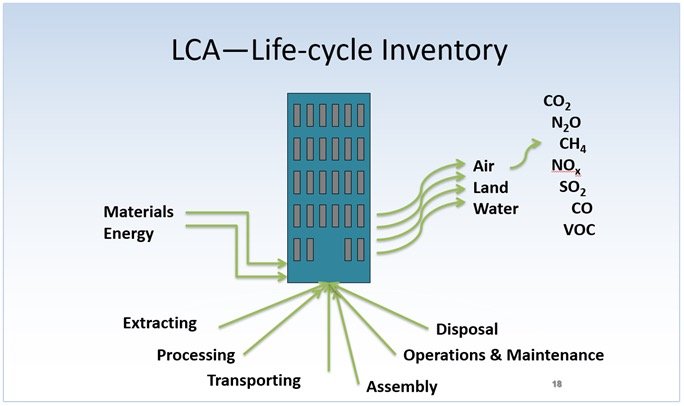Embodied-carbon requirements are being implemented in various ways and at different stages of the project design, from “Buy Clean” programs, to specification language, to owners and above-code programs that establish benchmarks and percentage improvement targets. Navigating these newer requirements can seem overwhelming. This presentation will focus on examples of each different embodied carbon implementation method, pros and cons and the value of each method, and understanding how architects can approach reductions at different project stages.
Thursday, August 11, 2022, 12PM Central
Credit: AIA 1.0 LU/HSW up to 1.0 PDH
Learning Objectives:
After attending this course, attendees will be able to:
- Participants will learn various definitions of embodied carbon that exist in the marketplace.
- Participants will be able to identify embodied-carbon requirements by jurisdictions and owners.
- Participants will learn benefits and disadvantages of embodied-carbon reduction strategies at different design stages.
- Participants will understand best practices related to reducing embodied carbon in buildings.
 Speaker:
Speaker:
Emily Lorenz, PE, is an independent consultant in the areas of LCA, EPDs, PCRs, green building, and sustainability. She serves as an engineer in the areas of green structures and practices, energy efficiency, thermal properties, and moisture mitigation. Lorenz also specializes in building code and standards work and advocacy. Lorenz actively participates as chair of the ASTM International Committee E60 on Sustainability, as a subcommittee member of the American Concrete Institute’s building code committee (sustainability), as an expert to ISO TC59\SC17\WG3 Environmental Declarations of Products, and as a consultant to the Envelope Subcommittee of ASHRAE 90.1.


